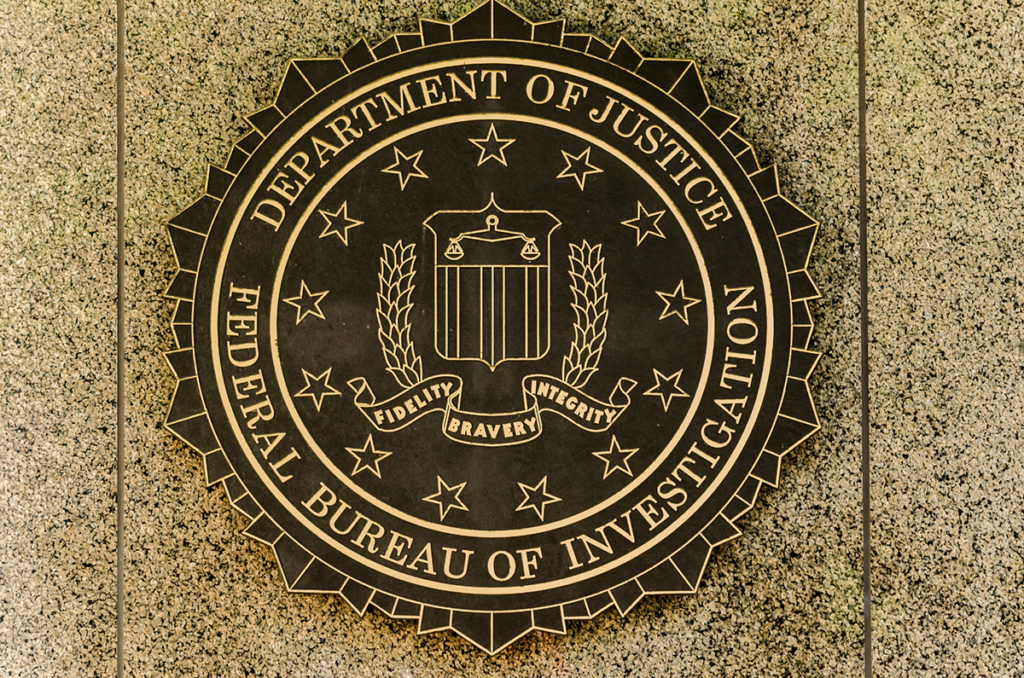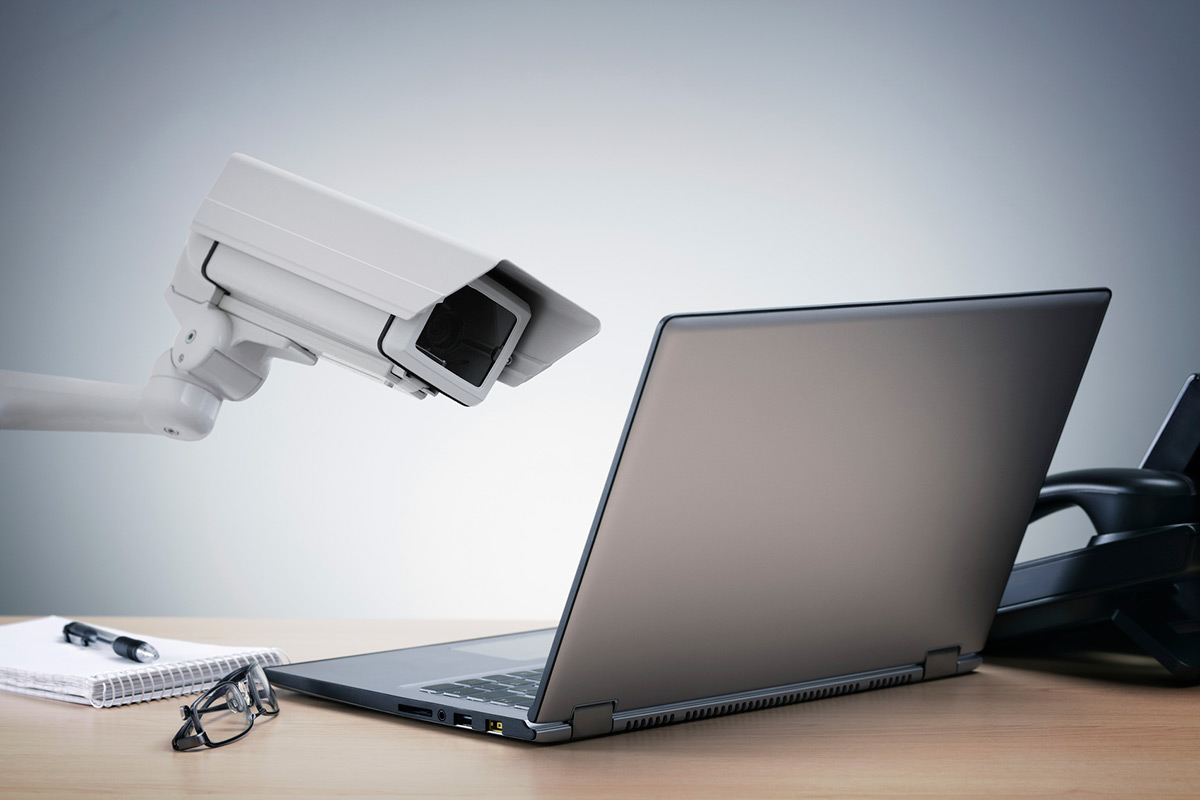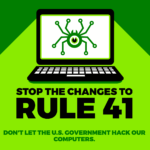
Following news last week that the Government Accountability Office found the FBI in possession of 412 million images of Americans, and was doing precious little to honor the privacy (or Constitutional) rights of the citizens, the news just keeps getting better. The GAO had announced that the system was not properly tested and that it did not protect our civil liberties.
Now comes news that those images probably include you, and me, and pretty much every other American, regardless of whether they have ever committed, or even been suspected of committing, a crime.
The report says the bureau’s Facial Analysis, Comparison, and Evaluation Services Unit contains not only 30 million mug shots, but also has access to driver license photos from 16 states, the State Department’s visa and passport database, and the biometric database maintained by the Defense Department.
The system contains the mugshots of convicted criminals (which you would probably expect it to), but also connects to systems not owned by the FBI, but containing your personal information. But surely all of this is being done in a way to maximize effectiveness and minimize the exposure of the innocent, right? Well, not so much. From the GAO report:
“[U]ntil FBI officials can assure themselves that the data they receive from external partners are reasonably accurate and reliable, it is unclear whether such agreements are beneficial to the FBI and do not unnecessarily include photos of innocent people as investigative leads.”
Um, yeah, so that data may not be all that useful. If you have ever noticed how fallible facial recognition is, you’ll understand the depth of the problem. Facebook’s facial recognition routinely identifies a high school friend of mine as my 82 year old mother. I have seen enough examples in both Apple’s facial recognition and Facebook’s to seriously question whether the FBI’s system is that much better, after all, government IT, especially in law enforcement, is significantly lacking. It wasn’t that long ago that the Department of Justice (home of the FBI) spent years and $170 million in taxpayer funds to completely fail to build something as basic as a case management system. Healthcare.gov, more recently, indicated that Uncle Sam’s IT systems hadn’t improved much ten years later.
Yet the same government that is demanding backdoors into our phones, building malware to hack and entrap criminals, and pushing continually for expansive powers to hack your devices, is somehow expected to show restraint when it wants to access your photos? We’re supposed to believe that the same inept government IT personnel are better able to ensure the face of the innocent will not match the face of the FBI’s suspect?
There is a need for massive, systemic overhaul of surveillance laws in the United States as our technology is significantly outpacing the basic tenets that citizens will not be the subject of investigation unless there is probable cause. These systems assume that, contrary to well established legal tenets, we are not innocent until proven guilty. Rather, every US citizen is considered guilty until proven innocent.
This facial analysis identifies people that COULD BE, but quite likely ARE NOT, the right person. Yet the FBI will investigate them in connection with crimes they likely had nothing to do with.
This is the state of surveillance in the US today.






No Comments